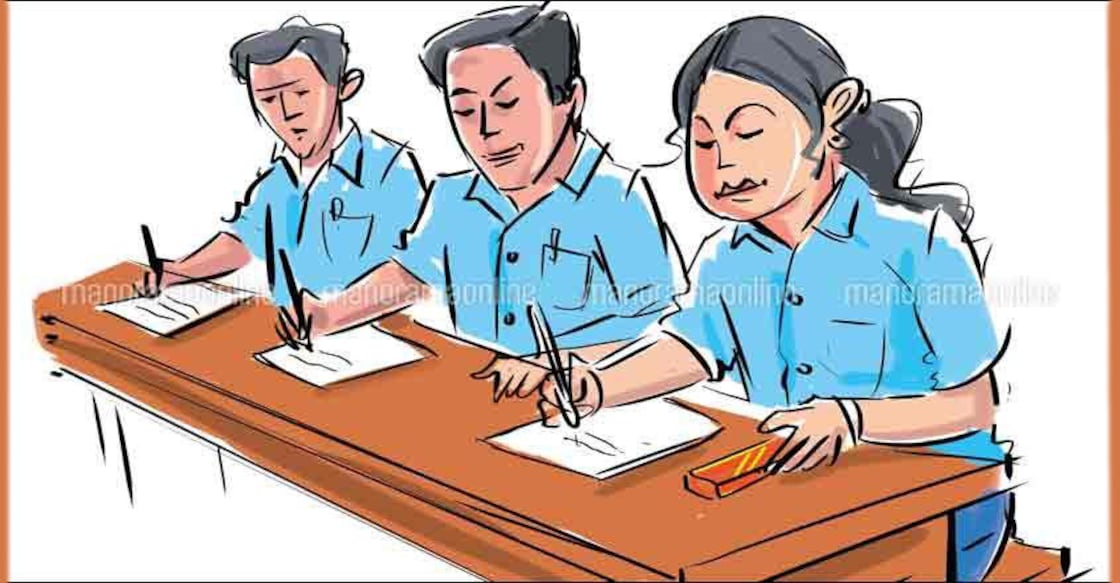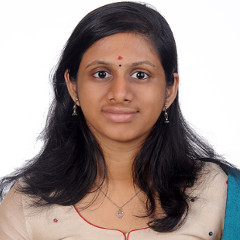The pros and cons of MCQ tests

Mail This Article
With the advancement in technology most examinations have turned online. Every competitive exam is now in the multiple choice format. Multiple Choice Questions (MCQ) or fixed response is a form of objective assessment, in which respondents select only correct answers out of the choices from a given list. MCQs have become an indispensable part of not only our educational systems but also government and private employment sectors. Especially in a country like India with such great population, MCQ examinations are thought to be the most affordable mechanism for filling up the posts in public offices.
I cannot dispute the fact that such tests are good for saving time and with the usage of OMR sheets and online exams things have become much more simplified. It even saves people from the disability of possessing a poor handwriting and online exams moves one step ahead and ensures that every candidate gets the deserved time, thus avoiding the problems that crept in to the system due to manual negligence.
However, the simplicity comes in with their on set of problems. They are usually straight to the point. This encourages only one-sided learning and doesn't leave the scope for critical thinking. This is a time when we preach that it is not history that we should speak about but 'histories.' The scholars of Humanities are against conducting high-level examinations like National Eligibility test for selection of Assistant Professors to colleges and Universities in India and for awarding Junior Research Fellowships in the MCQ format.
How is it logical to fix a single word or sentence as the right answer to a question when there exists, debates among the experts in many aspects in a topic? This is a serious issue when it comes to subjects like History. For example, there is a strong disagreement among historians on considering a particular period in history as the golden age. Another major debate, for instance, is regarding the authorship of 'Arthasasthra.'
True, it is improper to give a single word answer when it comes to controversial subjects. But anyone who has appeared for a multiple choice public examination will surely know that questions from such topics are very common in any question paper. This definitely kills the real spirit of learning.
MCQ tests are better tools for assessing the memory power of people and never to test one’s knowledge levels or intelligence. When it comes to assessing a person, an ideal exam should definitely test other levels of knowledge as well. Owing to the fact that the MCQ examinations only test limited types of knowledge they have a long-term impact upon the young generation.
Such examinations consider the examiner to be intellectually at a higher position than the examinee and the candidate who thinks on the same line of the examiner is usually considered to be the best. Every human being is prone to mistakes, and every line of thought deserves its own respect. It’s high time of replacing the feudal logic of one question, one answer. We do not realise that we are still following the British system that upheld the people who thought in the same lines of the colonisers and branded them their best servants.
A real democracy emerges only when opportunity is provided for free thinkers and new thoughts are given a place on the common platform. Every viewpoint deserves its own space.
New examinations encourage cramming rather than learning. Depth of knowledge seems to have no value and everyone is running around peripheral knowledge. Thus the joy of gaining knowledge usually gets compromised for the sake of winning an examination or acquiring a permanent employment. The chance of scoring by the sake of mere luck is also very high here. They increasingly devalue students for what they don't know and never get credit for multiple aspects of a subject they may know. MCQ culture is adversely affecting the quality of human resources in our country.


